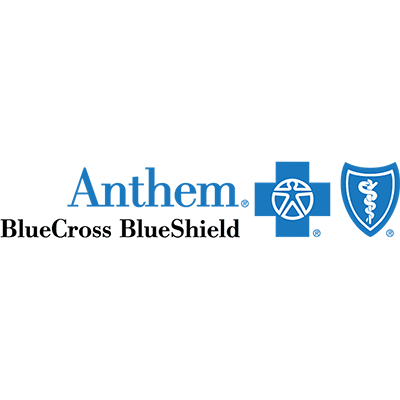Intervention is a carefully structured therapeutic approach to stabilize a person in crisis and in danger of chronic depression, addiction, or suicide. Nashville residents find that each crisis intervention is led by our founder, Dr. Starner Jones, who has treated more than 70,000 patients during his career as a board-certified emergency physician. Dr. Jones meets with a representative of the person in crisis who becomes the point of contact leading up to the crisis intervention.
Our concierge clinic in Nashville coordinates crisis interventions for people experiencing personal tragedy as a result of addiction and dual psychiatric diagnoses, as well as emotional, mental, physical, or behavioral distress. Effective crisis intervention involves four components: establishing a rapport, understanding the problem, formulating a plan, executing the plan.
Intervention begins when a caller (usually a patient’s friend or family member) states the reason for intervention and provides background information. That person then meets confidentially with Dr. Jones in-person at their home, at our medical clinic in Nashville, or by telemedicine to discuss details about the patient’s crisis. Dr. Jones formulates a plan and date for intervention. After a thorough plan is in place, Dr. Jones and a crisis intervention medic arrive with friends and/or family members to conduct the intervention.
At this stage, the physician conducts a biopsychosocial assessment covering environmental supports, stressors, medical needs, medications, use of drugs and alcohol, and available coping methods. Also included in this stage is a mental state assessment and suicide risk assessment.
Rapport is facilitated by the presence of the physician who respects the patient and engages with the patient in an empathetic and genuine way. This is also the stage in which the physician’s ability to connect with the patient instills in him or her trust and confidence.
At this point, the physician clarifies what occurred in the patient’s life that led to the crisis. The patient speaks freely about his or her problems, and the physician understands contributing factors that led to the crisis.
The physician invites the patient to share his or her crisis experience. The goal of this exercise is to:
The physician and patient discuss options that enable the patient to regain control and live a healthy, productive, and fulfilling life. Alternatives are most effective if “owned” by the patient.
One way to introduce alternatives is through establishing how the patient coped in previous crises. Sources of resilience in the patient and his or her environment should be identified.
Approaches to the crisis are integrated into a concrete treatment plan. Careful execution of this stage is crucial for restoring the patient’s emotional equilibrium and psychological balance. The physician should draw attention to the patient’s courage, perseverance, and strength.
The physician follows up with the patient following detox or treatment to gauge progress and reevaluate the patient. Positive developments as well as challenges should be discussed. Follow up should include evaluation of sleep patterns, nutrition, emotional health, cognitive mastery of the precipitating event, triggers, management of stressors and need for referral.
The first step to seeking proper treatment is identifying a drug addiction, also known as substance use disorder. This can be challenging because drug addiction can vary widely based on the individual and the drug of choice. At Nashville Addiction Recovery, we offer patients in the Nashville area a variety of luxury drug rehab treatments to help their recovery process.
Nashville Addiction Recovery treats chronic depression, addiction and even potential suicide with expert crisis intervention. If you are a family member seeking help for your loved one, a medical provider looking for the best addiction treatment or crisis intervention program in Nashville, assistance with acute medical detox, or need better solutions on how to detox from alcohol or drugs at home, give us a call today to speak with a licensed medicine physician.









Nashville Addiction Recovery is a concierge acute medical detox and crisis intervention practice headquartered in Nashville, Tennessee.
Copyright © 2022 Nashville Addiction Recovery | All Rights Reserved | Staffing Policy | Notice of Privacy Practices | HIPAA Policy